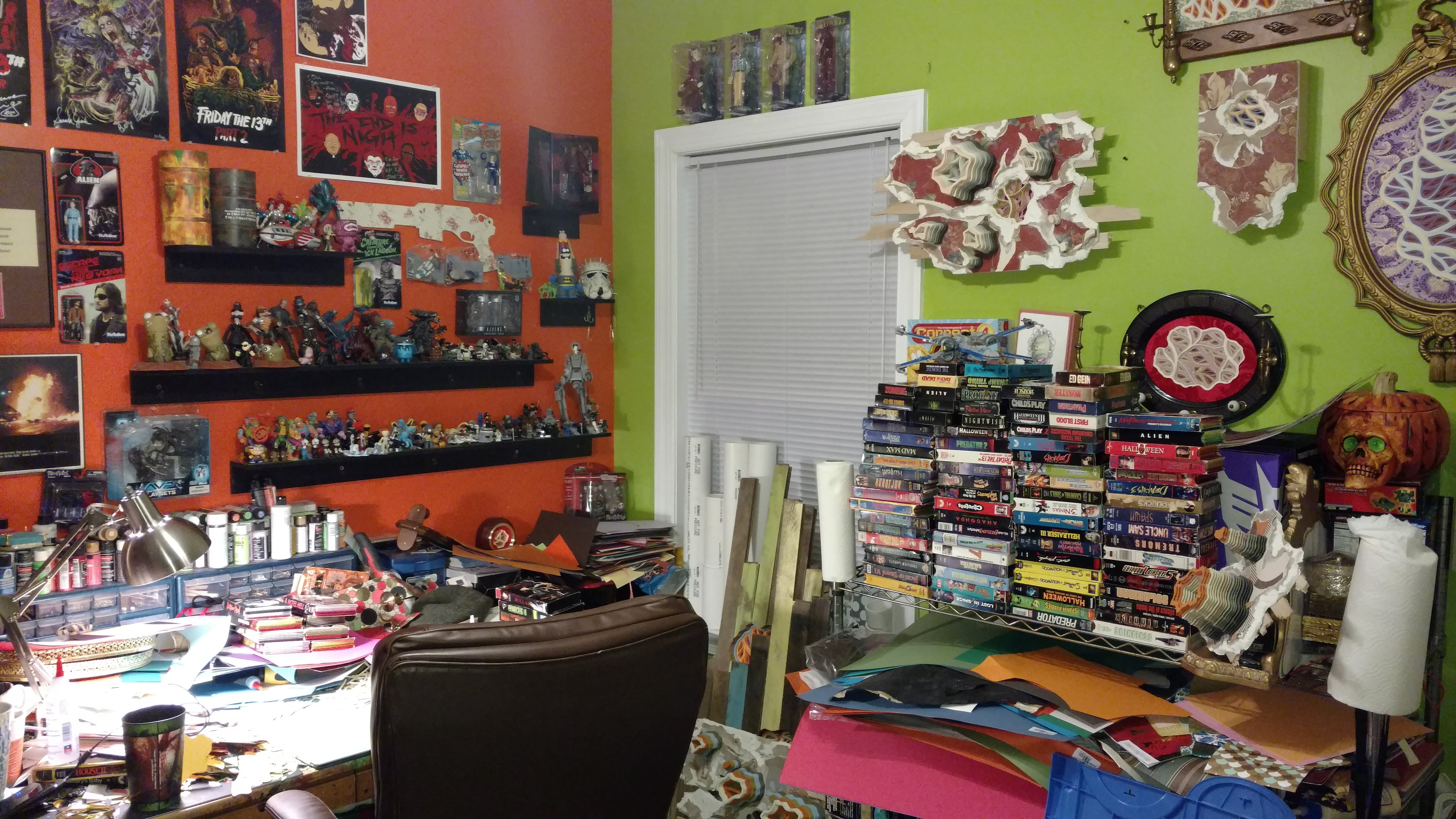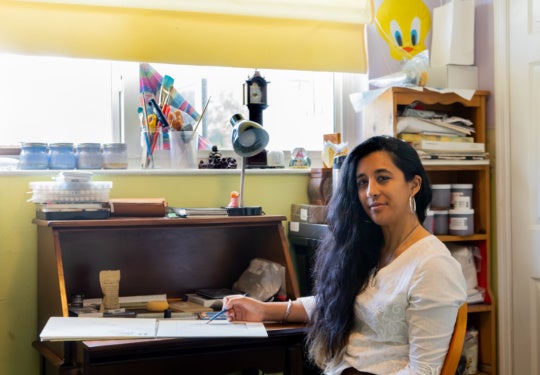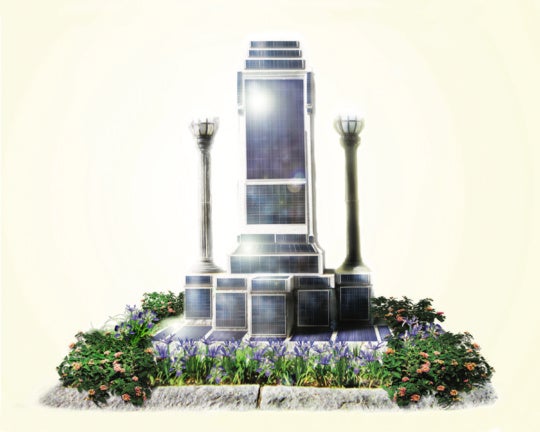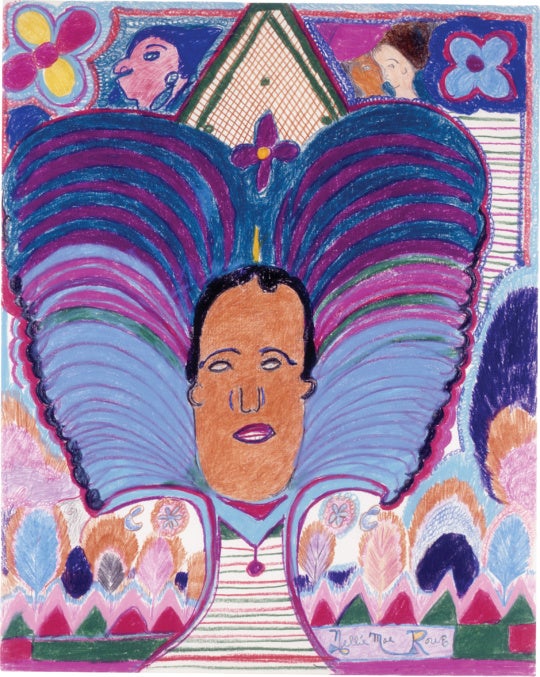

Charles Clary uses about 1,200 X-acto blades a year to create intricate, layered worlds using paper and found wallpaper. Born in Morristown, Tennessee, and based in Conway, South Carolina, he received his MFA in Painting from the Savannah College of Art and Design in 2009, and his BFA from Middle Tennessee State University in 2004. In 2016, he won top honors at ArtFields, an art competition for artists in the South, for his installation Please Rewind, which featured a wall display of VHS cassette boxes whose carved-out designs suggest inner worlds and other dimensions [Disclosure: BURNAWAY editor Stephanie Cash was one of the five judges]. The piece was made in the wake of the deaths of both his mother and father, two weeks apart, to smoking-related cancers. His observation that “cancer is a disease that is a perfectly structured killer; it is beautiful in its architecture but grotesque in its eventuality” seems to resonate in many of his works, especially those using horror movie VHS boxes.
His recent sculptures suggest computer generated sound waves, petri dishes, bacterial and viral colonies, and fungal and mold growths, as well as the structural similarites they share.
Check out the cool video of Clary’s working process at the bottom of the page!














Studio Snapshot: Charles Clary in South Carolina
Related Stories
Studio Visit
Reviews
Features
In the Studio with Smita Sen
Isabella Marie Garcia visits the studio of Smita Sen to discuss new work that is exploring the heart, emotions in response to the evolution of a place, and performance between Miami and New York City.
Memory Ware Meets the Multiverse: Topher Lineberry’s Giant-Sized Annual at Lump Gallery
Winston-Salem based writer Matt Garite reviews Topher Lineberry’s Giant-Sized Annual, a two-part exhibition about memory as practice: a way of reassembling what has been discarded or forgotten into new visions of the possible.
Really Free: The Radical Art of Nellie Mae Rowe at California African American Museum, Los Angeles
Amina Daugherty reviews what it means to be free in the late life and work of Georgia-based artist Nellie Mae Rowe, currently on view in Really Free: The Radical Art of Nellie Mae Rowe at California African American Museum, Los Angeles.




